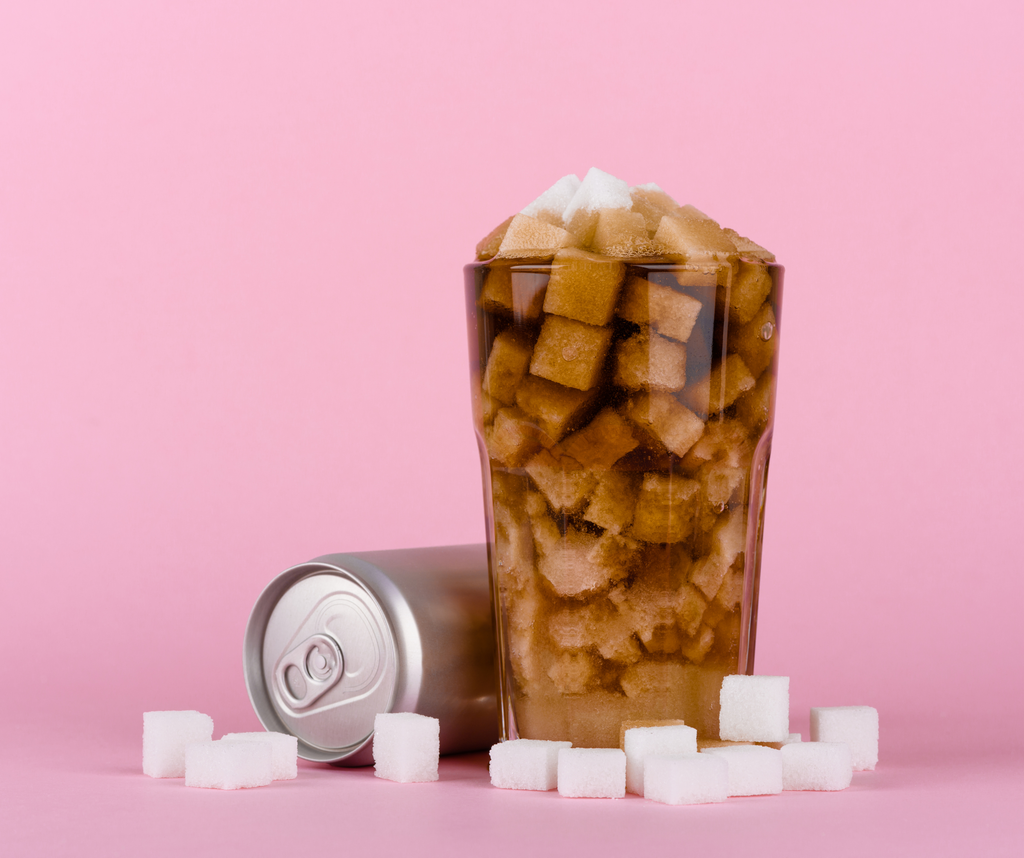Are artificial sweeteners helpful or harmful?

There are few nutriments more perplexing than artificial sweeteners. Are they safe long-term? Do they facilitate weight loss or weight gain? Well, it all depends on who you ask.
Last week, the authors of a new paper announced their findings, to be presented at the European obesity conference in May: artificial sweeteners can improve weight loss maintenance.
Specifically, the small study (currently unpublished and not peer-reviewed) found that replacing food and drinks containing added sugar with artificially sweetened products led to improved maintenance of weight loss after one year.
It’s in contrast to another review, which suggested the same products are associated with weight gain, and to the World Health Organisation’s position that replacing free sugars with artificial sweeteners does not help with weight control in the long term.
But it aligns with this study in rats, which found yoghurt containing artificial sweeteners did not lead to weight gain, while yoghurt containing glucose did. This study (by the same authors of the weight loss maintenance research, some of whom are funded by a company that makes artificial sweeteners) suggested that artificially sweetened drinks were better than drinking water for weight loss. And this 2023 review also found that, if you swap drinks containing sugar with those containing artificial sweeteners – Coke versus Coke Zero, for instance – you’re more likely to lose weight.
When we step outside the lab and into the real world, where does this leave us – aside from deeply confused? The reality of sweeteners – synthetic or plant-extracted substances first found in coal tar derivatives during the 1870s and popularised in the diet soft drink boom during the 1950s – certainly isn’t clear-cut.
In Australia, diet soft drinks account for about 40 per cent of all soft drink purchases, with Pepsi Max sales leading the way. And unless you’re drinking multiple every day (more than nine cans a day sends a 70-kilogram adult over the safe consumption bar for cancer risk and smaller amounts may well cause inflammation and other gut health problems), they have their place.

For people who drink a lot of sugar-sweetened beverages and who may struggle to switch to water, there is an argument that diet drinks are a good compromise. The drinks, which contain sweeteners ranging from 200 to 2000 times sweeter than sugar but contain no calories, can be “like a stepping stone” to foods and drinks that naturally contain less sugar overall, says research scientist and advanced accredited practising dietitian Dr Tim Crowe.
“Artificial sweeteners can help you cut back on the amount of added sugar in your diet,” says Crowe, who gets his own sweet hit from fruit-flavoured mineral waters or fresh berries. “But longer term, we can say with much confidence that the greatest health benefits will come from having foods and drinks that are close to their natural state which have little added sugar – artificial varieties of sugar – in them in the first place.”
Professor Oliver Jones, associate dean of the Biosciences and Food Technology Discipline at RMIT, is “quite fond” of Pepsi Max and not worried about the odd can or two of it. He agrees that going cold turkey on sugar and switching to water is unrealistic for many people.
As for the contradictory findings in the research, he says it likely comes down to human behaviour. For instance, if you switch out a daily can of Coke for water but then compensate for the calories “saved” by indulging in something else, then you may end up consuming more overall. Suddenly, drinking water is less effective for weight loss than drinking a can of Coke.
“Losing weight and maintaining that weight loss is not as simple as just doing one thing, like switching to diet drinks or other diet products,” Jones says.
Though artificial sweeteners may not properly activate the food reward pathways in our brains needed for us to feel satisfied, it’s about frequency and dose, adds dietitian Nicole Dynan.
“Grabbing a sugar-sweetened beverage on occasion is not going to kill you. Similarly, grabbing a non-sugar-sweetened beverage on occasion is not going to kill you,” says Dynan, who finds the taste of artificial sweeteners too sweet. “It is what you eat and drink most of the time that is going to have the biggest impact on your health outcomes.”
For the general population, and especially for children, public health nutritionist Rosemary Stanton recommends avoiding artificial sweeteners and instead trying to adjust the tastebuds to less sweetness.
However, if that adjustment is too much of a struggle for an individual with type 1 or type 2 diabetes or those needing to lose weight, she recommends a healthy diet with less than 10 per cent of energy from added sugar allowing for foods and drinks with sweeteners.
“Harmful health effects of artificial sweeteners really only apply to a very high intake,” says Stanton, who spreads her wholegrain sourdough with homemade marmalade most mornings and enjoys the occasional ice cream in hot weather.
“So if a modest intake did actually help the occasional person to stick to a healthier overall diet, I could live with that.”

Leave a comment